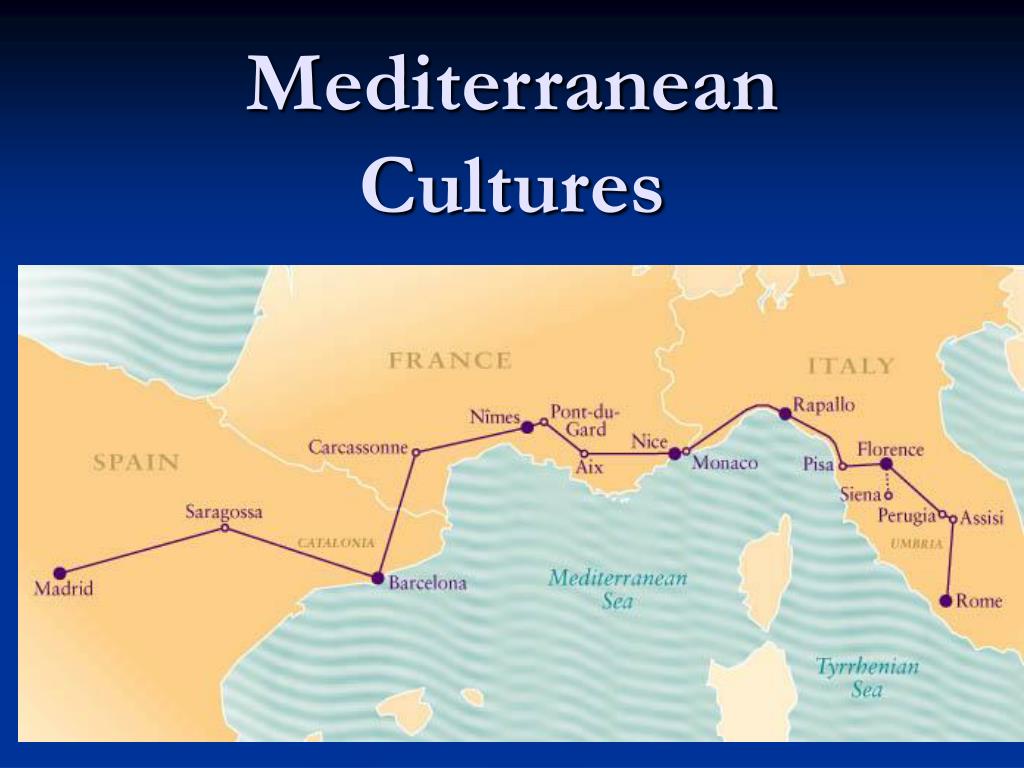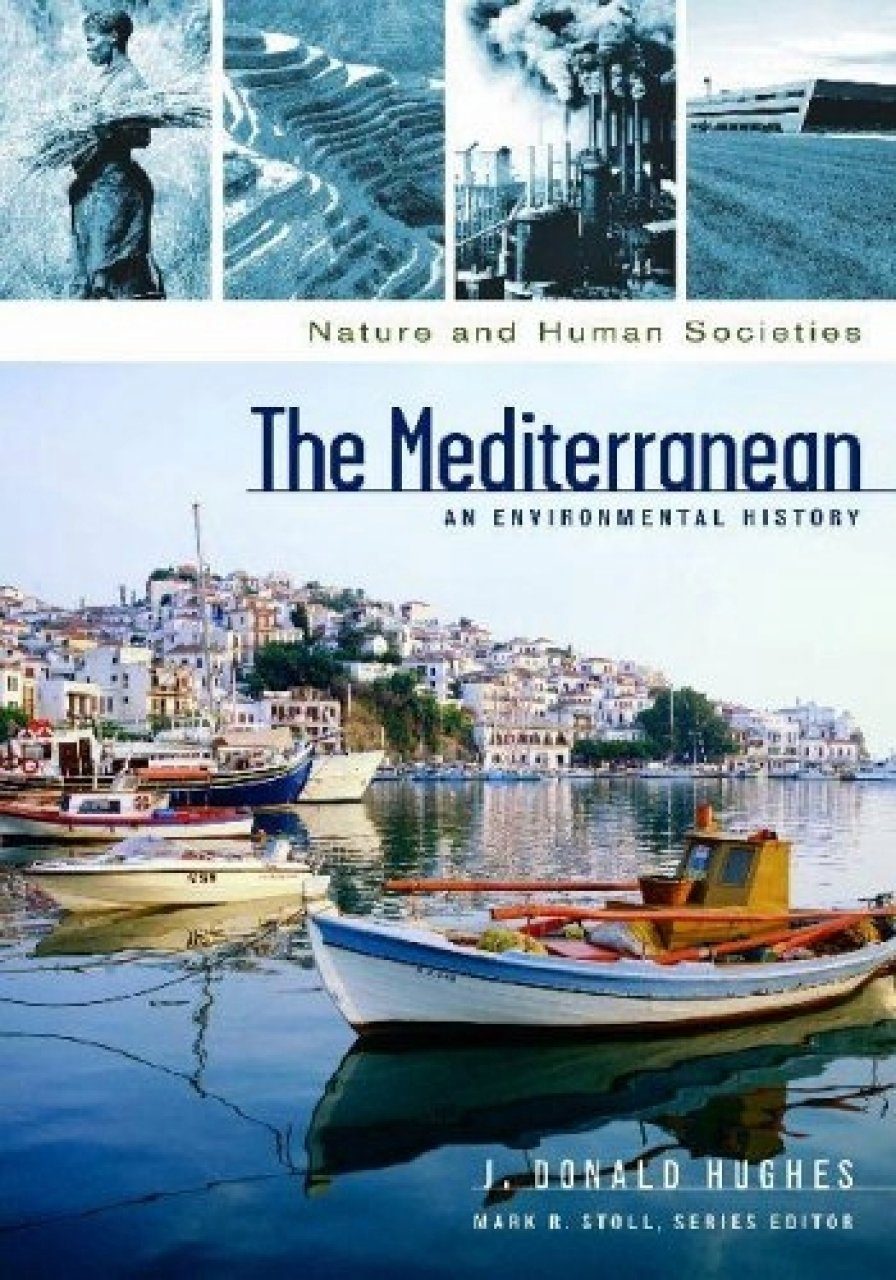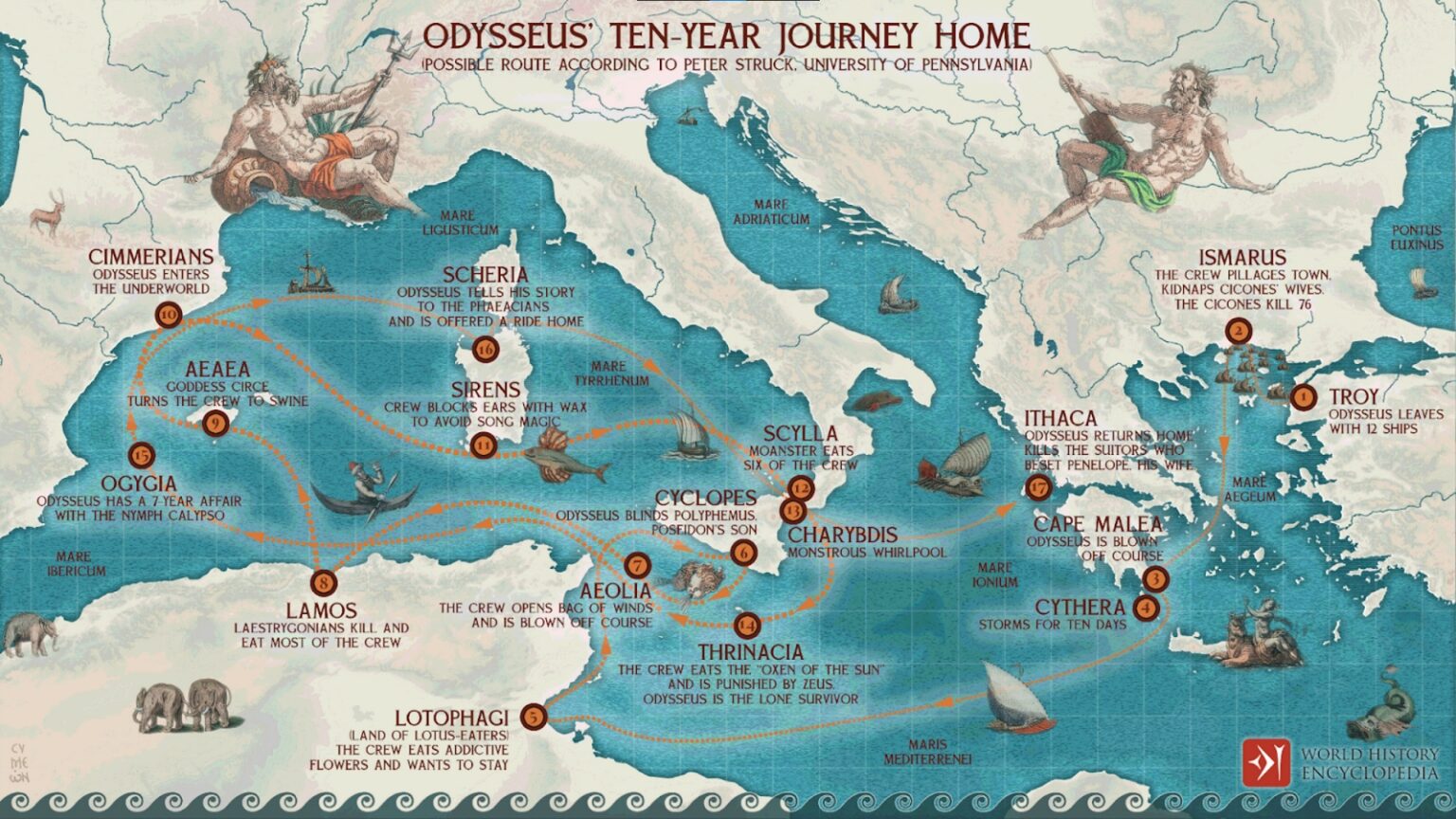The Mediterranean Region: A Crossroads of History, Culture, and Ecology
Related Articles: The Mediterranean Region: A Crossroads of History, Culture, and Ecology
Introduction
With great pleasure, we will explore the intriguing topic related to The Mediterranean Region: A Crossroads of History, Culture, and Ecology. Let’s weave interesting information and offer fresh perspectives to the readers.
Table of Content
The Mediterranean Region: A Crossroads of History, Culture, and Ecology

The Mediterranean region, a vibrant tapestry woven from land and sea, stands as a crucial nexus of global importance. This vast expanse, encompassing the Mediterranean Sea and its surrounding lands, has long been a crossroads of civilizations, cultures, and trade routes, shaping the course of human history and leaving an enduring mark on the world.
Geography and Climate:
The Mediterranean region is defined by its namesake sea, a large body of water that stretches from the Atlantic Ocean in the west to the Black Sea in the east. This sea is bordered by a diverse array of landmasses, including Southern Europe, Northern Africa, and Western Asia. This geographical arrangement has played a significant role in shaping the region’s climate, culture, and economic development.
The Mediterranean climate, characterized by hot, dry summers and mild, wet winters, is a defining feature of the region. This unique climate has fostered a rich and diverse ecosystem, supporting a wide variety of flora and fauna, including olive trees, citrus fruits, and vineyards.
Historical Significance:
The Mediterranean region has been a cradle of civilization for millennia. Ancient civilizations, such as the Greeks, Romans, and Phoenicians, thrived in this region, leaving behind a legacy of art, literature, philosophy, and architecture that continues to influence the world today. The region’s strategic location at the crossroads of continents facilitated the exchange of ideas, goods, and people, contributing to the development of trade networks and cultural diffusion.
Cultural Diversity:
The Mediterranean region is renowned for its cultural diversity. A melting pot of traditions, languages, and religions, it reflects the centuries of interactions between different peoples and civilizations. From the vibrant art and music of Spain to the ancient ruins of Egypt, the region offers a rich tapestry of cultural experiences. This diversity is a testament to the region’s long history of interconnectedness and exchange.
Economic Importance:
The Mediterranean region holds immense economic significance, serving as a major hub for trade, tourism, and agriculture. Its strategic location allows for easy access to global markets, making it a vital link in international trade routes. The region’s abundant natural resources, including fertile land, rich fisheries, and mineral deposits, contribute significantly to its economic output.
Environmental Challenges:
Despite its rich history and cultural significance, the Mediterranean region faces a number of environmental challenges. Climate change, pollution, and overexploitation of resources threaten the delicate balance of this unique ecosystem. Rising sea levels, desertification, and water scarcity are some of the pressing issues that require immediate attention.
International Cooperation:
Addressing these challenges requires international cooperation. Numerous organizations and initiatives are working to promote sustainable development, protect biodiversity, and manage shared resources. Cooperation between countries in the region is essential for addressing transboundary issues and ensuring the long-term well-being of the Mediterranean ecosystem.
FAQs:
What are the main countries in the Mediterranean region?
The Mediterranean region encompasses countries from Southern Europe, Northern Africa, and Western Asia. Some of the key countries include:
- Southern Europe: Italy, Greece, Spain, Portugal, France, Slovenia, Croatia, Malta, Cyprus
- Northern Africa: Morocco, Algeria, Tunisia, Libya, Egypt
- Western Asia: Turkey, Israel, Lebanon, Syria, Palestine, Jordan
What are the main industries in the Mediterranean region?
The Mediterranean region boasts a diverse range of industries, including:
- Agriculture: Olive oil production, citrus fruits, vineyards
- Tourism: Historical sites, beaches, cultural events
- Fishing: Mediterranean seafood, including tuna, sardines, and anchovies
- Energy: Oil and gas exploration, renewable energy sources
- Manufacturing: Textiles, food processing, automotive
What are the major environmental challenges facing the Mediterranean region?
The Mediterranean region faces a number of environmental challenges, including:
- Climate change: Rising sea levels, heatwaves, droughts
- Pollution: Industrial waste, agricultural runoff, plastic pollution
- Overexploitation of resources: Overfishing, deforestation, unsustainable agriculture
- Loss of biodiversity: Habitat destruction, invasive species
What are some of the initiatives aimed at protecting the Mediterranean environment?
Several initiatives are working to protect the Mediterranean environment, including:
- Mediterranean Action Plan (MAP): A regional program for the protection of the Mediterranean Sea and its resources.
- Barcelona Convention: A framework for cooperation between Mediterranean countries on environmental issues.
- WWF Mediterranean: A conservation organization working to protect the region’s biodiversity.
- Blue Flag: A program that awards beaches and marinas for their environmental management and water quality.
Tips for Traveling in the Mediterranean Region:
- Plan ahead: Research your destination and book accommodations in advance, especially during peak season.
- Respect local customs: Dress modestly when visiting religious sites and be aware of local etiquette.
- Learn a few basic phrases: Even a few words in the local language can go a long way.
- Try the local cuisine: The Mediterranean region is renowned for its diverse and delicious cuisine.
- Take advantage of public transportation: Many cities have efficient public transportation systems.
- Be aware of potential hazards: Sun protection, mosquito repellent, and safety precautions are essential.
- Embrace the culture: Take time to explore local markets, museums, and historical sites.
Conclusion:
The Mediterranean region, a vibrant tapestry of history, culture, and ecology, stands as a testament to the enduring power of human connection and the delicate balance of nature. Its rich past, diverse present, and uncertain future call for a renewed commitment to cooperation, sustainability, and the preservation of this unique and irreplaceable region. By understanding the challenges and opportunities facing the Mediterranean, we can work together to ensure its continued prosperity and well-being for generations to come.








Closure
Thus, we hope this article has provided valuable insights into The Mediterranean Region: A Crossroads of History, Culture, and Ecology. We appreciate your attention to our article. See you in our next article!